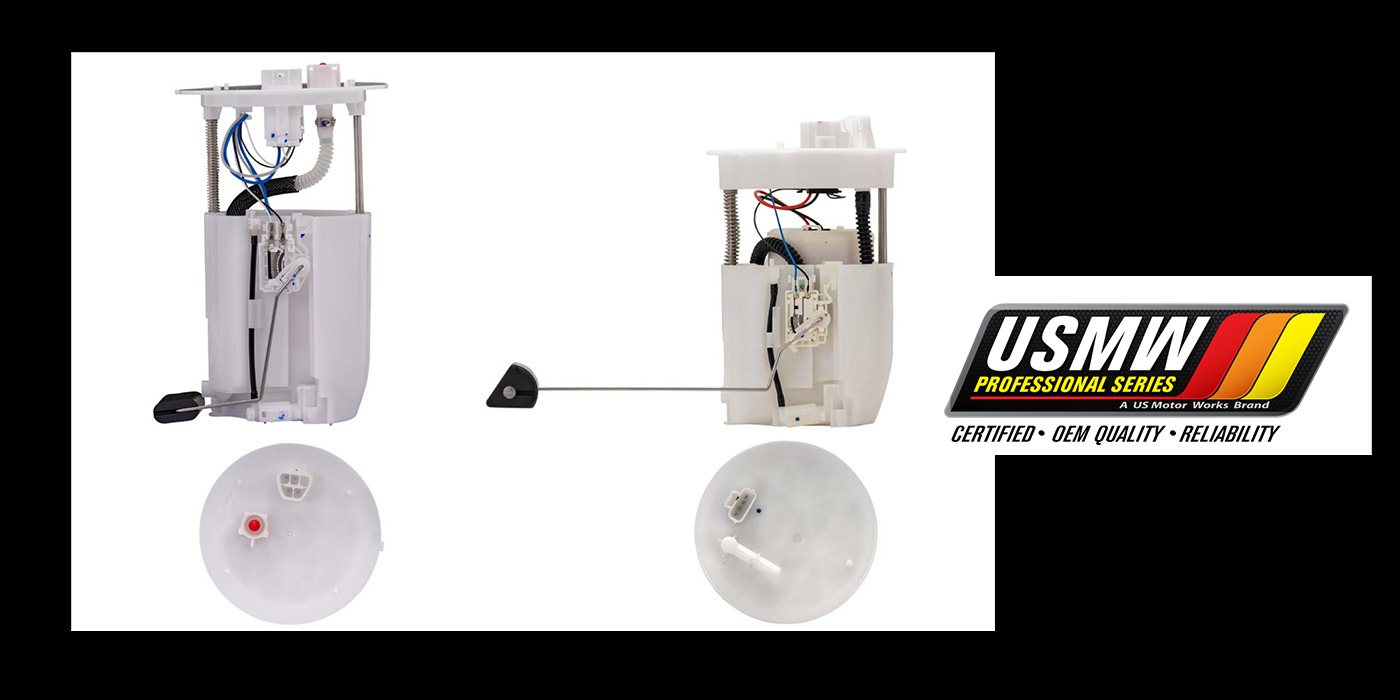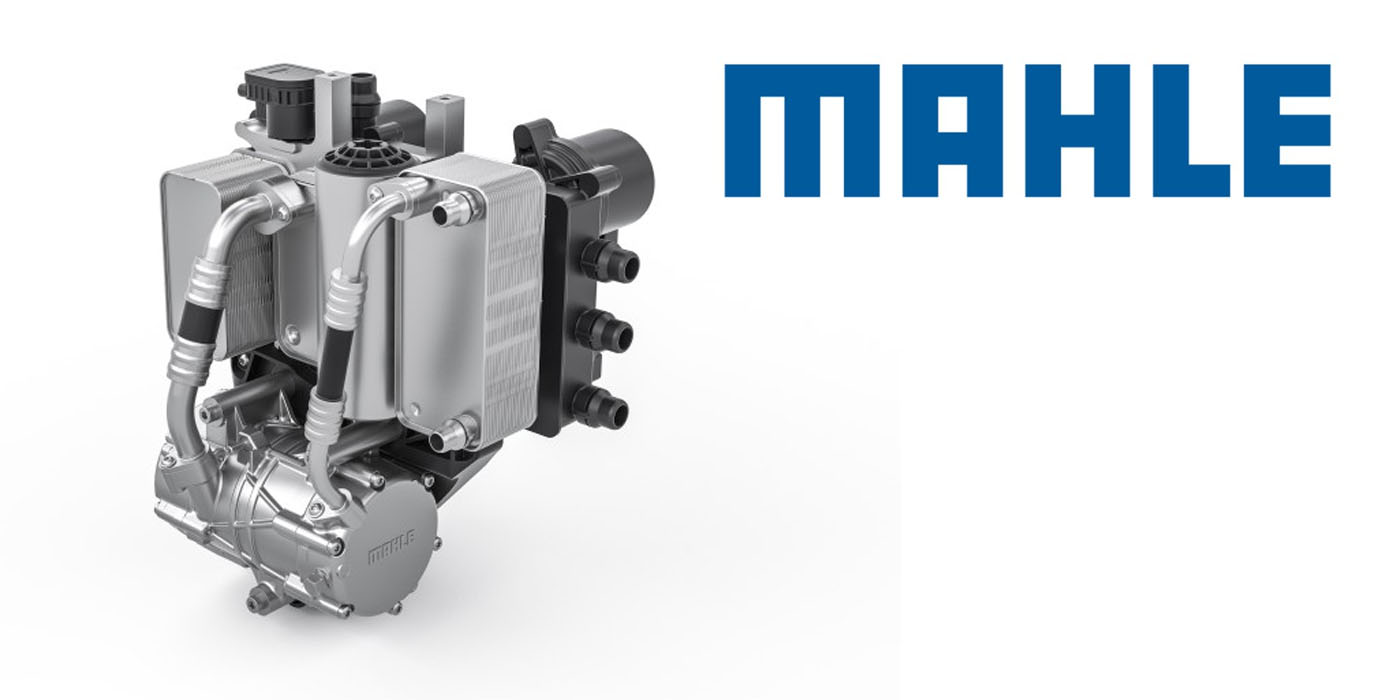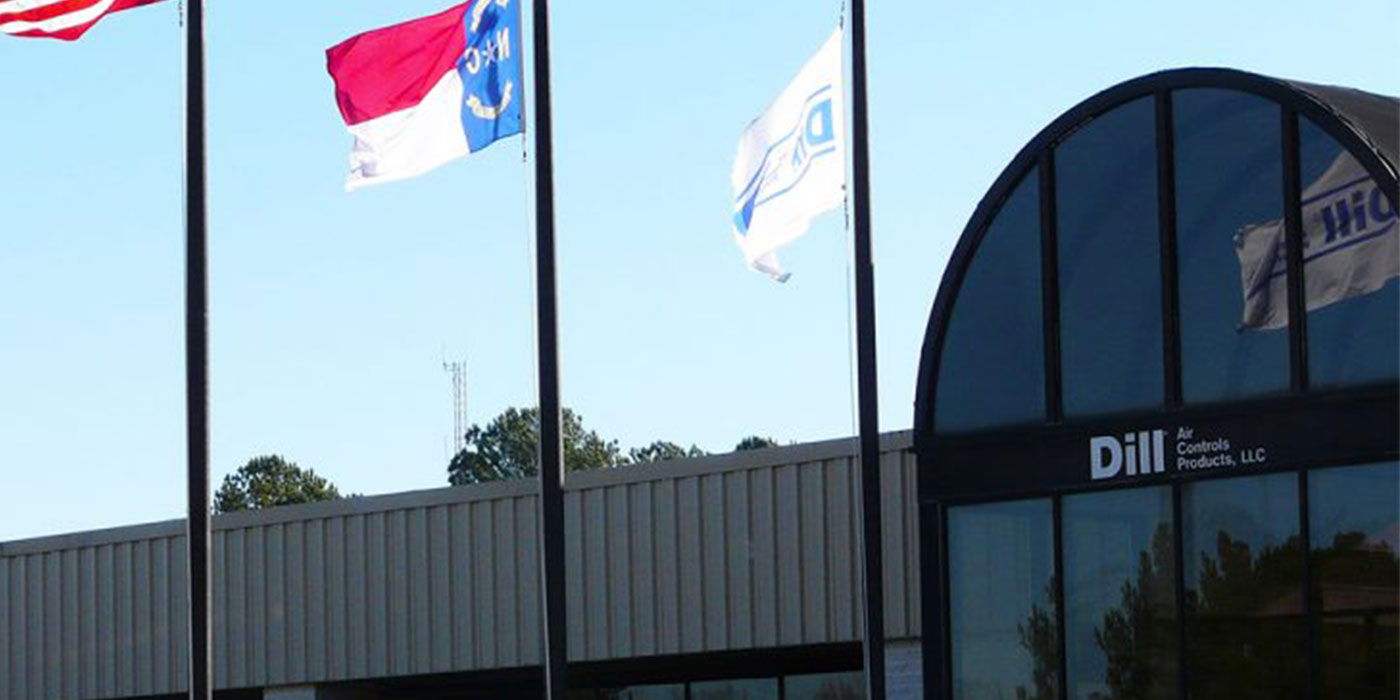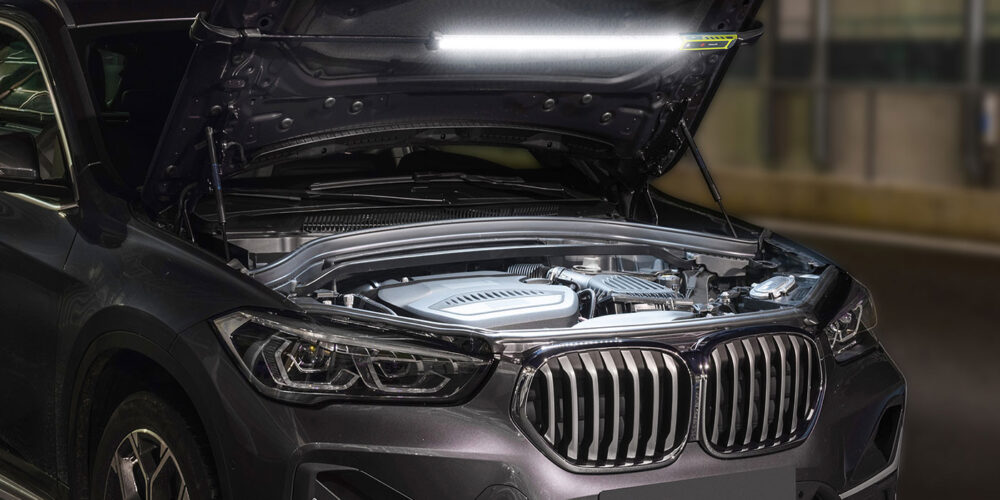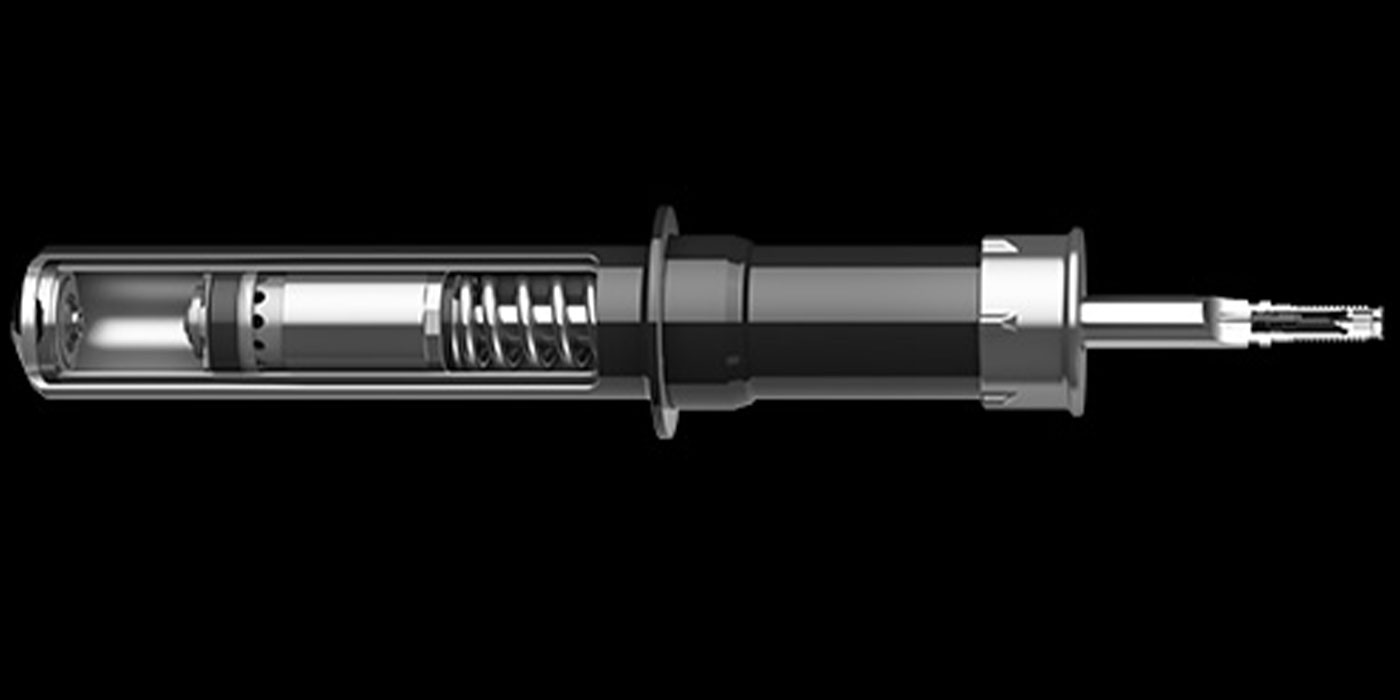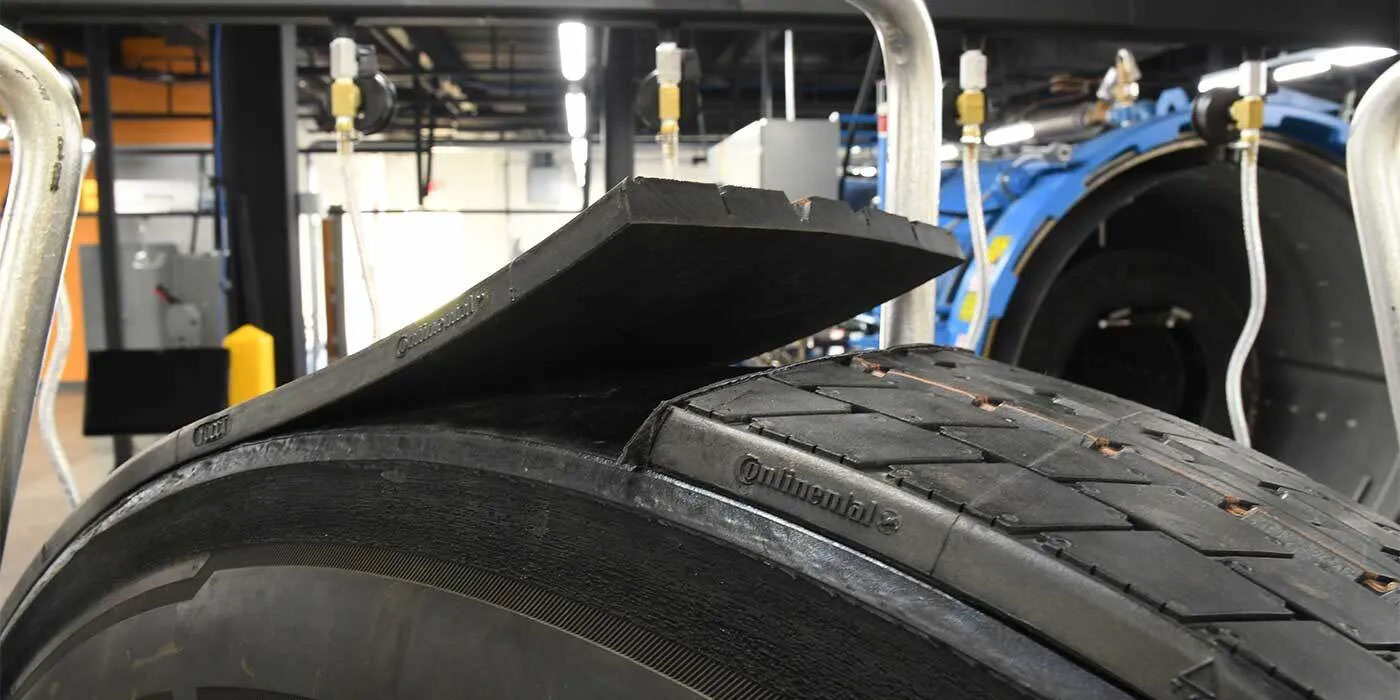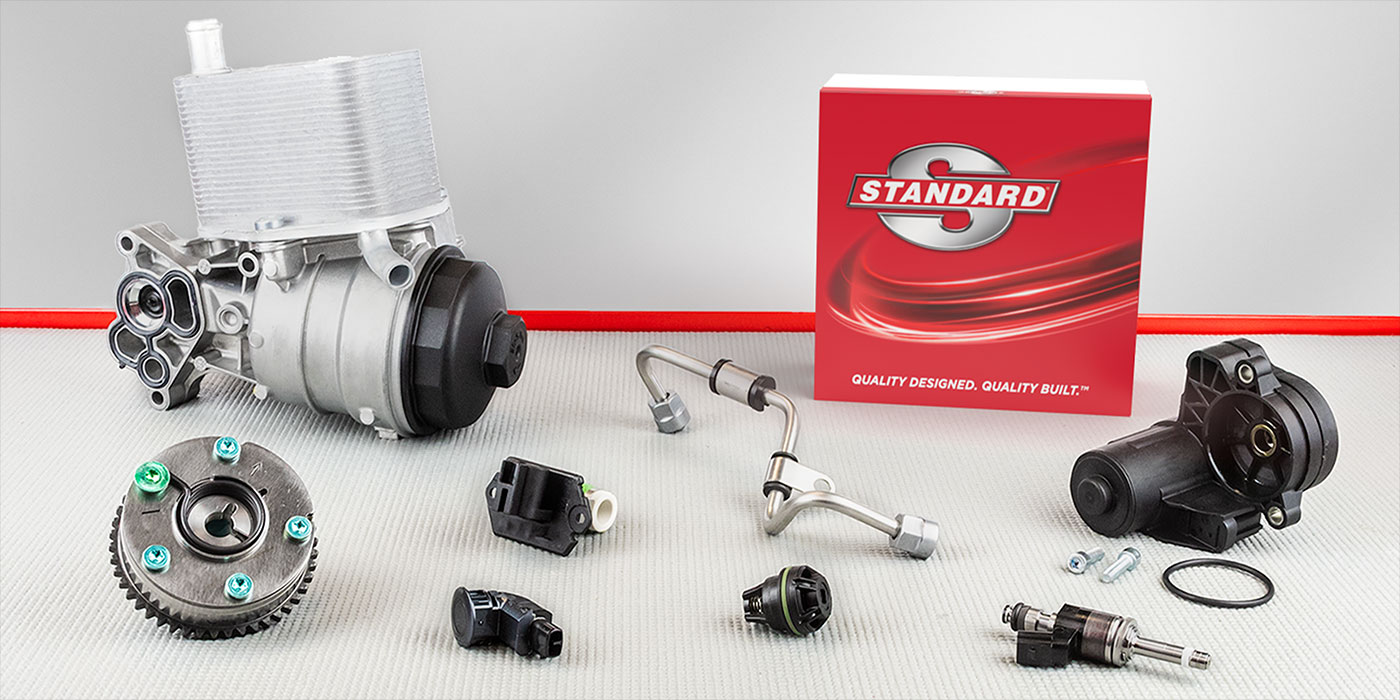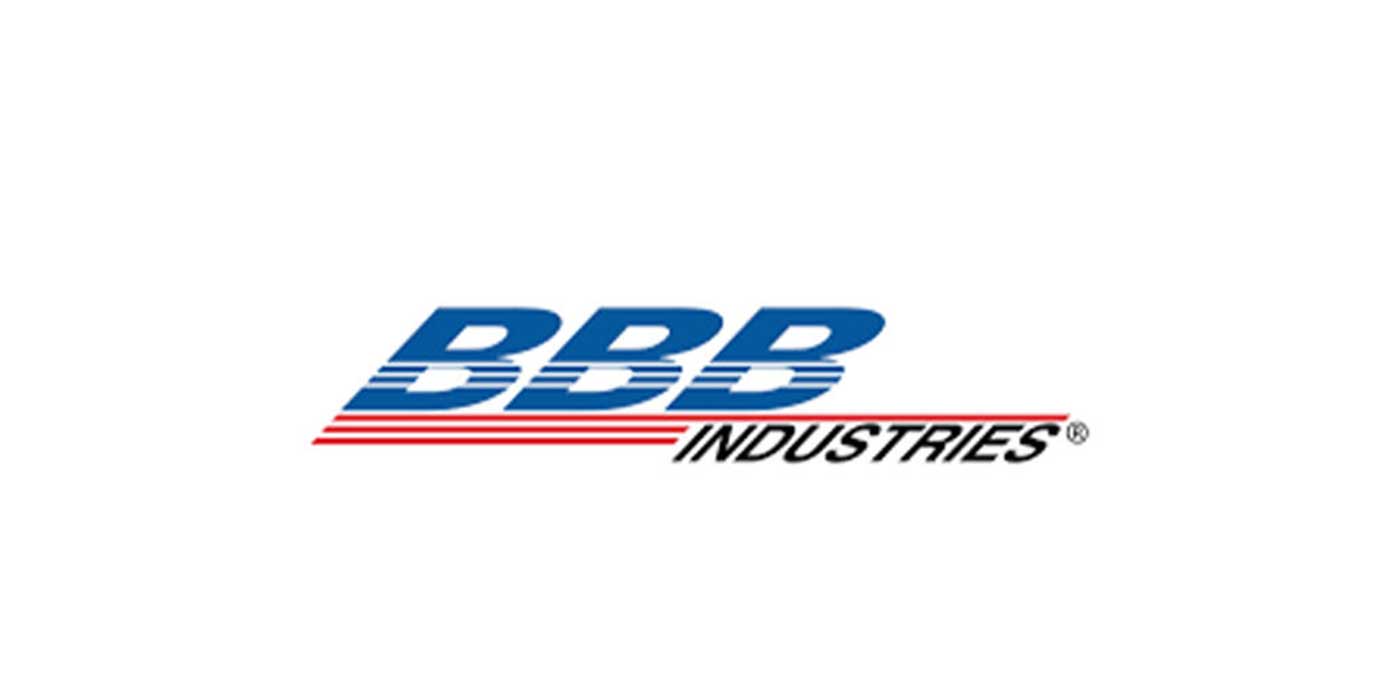From Biloxi Sun Herald
COLUMBIA, SC — South Carolina is chasing automotive manufacturing jobs even as the industry’s work force is slipping away from the U.S.
Some experts warn South Carolina will lose its auto jobs too, as automakers and parts companies move jobs abroad or squeeze out jobs at home through efficiency gains.
Such predictions call into question whether the state can continue to bet on adding manufacturing jobs and raising income through the automotive industry.
For years, S.C. officials have pursued vehicle assembly factories, with the expectation that parts plants will follow. But the state lost out in recent rounds of new vehicle production plants, BMW expansion plans are on hold, and the state has no new announced prospects on the horizon.
If the recent past is a guide, the future seems bright for S.C. automotive employment: rapid growth through 2001, followed by a two-year lull, that left the state with 32,400 auto jobs at the end of last year.
But experts say the future might not be so shiny. The transportation industry has cut 15 percent of its work force nationwide since 1999, and a consulting firm predicts that by the end of the decade, up to a fifth of U.S. auto parts production could shift to countries that pay less to their workers.
“Job increases in the industry are going to be tough. At best, it’s more likely to be a stable employment base,” said Antonio Benecchi, a partner in the Detroit office of Roland Berger, a German industry consulting firm.
South Carolina’s auto employment held steady during 2003, and in some cases it made gains:
** Parts makers in the state employed 19,800 workers in late 2003, an all-time peak, according to government statistics. Factories added 1,400 jobs in 2003 after cutting 600 jobs in the previous 18 months.
** Expansions by BMW and Freightliner during the past three years have been offset by job losses due to the closing of the Mack Trucks plant in Winnsboro.
** Among the state’s tire plants, Bridgestone/Firestone has created 950 jobs since opening its Aiken County plant in 1997. But French tire maker Michelin trimmed 1,200 jobs in the last three years.
BMW was the heaviest foot on the gas pedal as automotive jobs rose during the 1990s. But the Greer plant will hold steady at 2002 job levels for at least the next two or three years, said plant spokesman Robert Hitt.
The automotive research park being developed by Clemson University in Greenville will create some high-paying jobs, supporters say.
But Clemson and BMW officials do not want to discuss potential numbers of jobs. They call the $112 million park a long-term commitment to education that improves South Carolina’s odds of landing companies that use advanced technology and pay high wages.
Gov. Mark Sanford helped seal the deal that led to the groundbreaking for the International Center for Automotive Research last fall. The state is contributing $72 million of the startup cost. The rest is coming from BMW and other private supporters.
HIGH STAKES
Since Gov. Carroll Campbell wooed BMW to South Carolina in 1992, state leaders have targeted the automotive industry as a prime source of new, higher-paying jobs to replace job losses in the dwindling textile industry.
That effort grew in the past two years with a study by Harvard economist Michael Porter and the Monitor Group consulting firm in Boston. It identified the automotive sector as a growing industry “cluster” the state should foster.
Sanford talked about his belief in automotive jobs Feb. 18, when Siemens said it would open a $25 million, 120-job research center in Richland County.
“You have to look at areas where you can do something better than the rest of the world, and do those things well,” Sanford said. “I believe there is indeed a growing automotive cluster that is going to serve this state very well.”
Steve Taylor, a 48-year-old tool-and-die maker at Bosch’s drum brake operation in Sumter, disagrees with the governor’s outlook. “As far as I see in the Sumter area, I think more jobs are going to go overseas.”
Nearly 400 of his plant’s 820 workers will lose their jobs when Bosch moves drum brake production from Sumter to Mexico. Layoffs begin in April.
“We’re right in the middle of the battle right now,” said Taylor, a native of Great Britain who went to work in Sumter in 1988 after leaving the U.S. Marine Corps. “What the American government is doing to the American worker is wrong.
“Something should be done to stop all our businesses from going to other places because of the cheap labor. How they do it, I don’t know.”
BEATING THE ODDS
If South Carolina gains jobs in the automotive sector, it will do so by continuing to beat the national odds.
The U.S. transportation equipment sector, which includes planes, trains and automobiles, lost 311,400 jobs since 1999 — about one in seven workers.
South Carolina gained 900 jobs last year, up 3 percent on an annual basis. Parts plants accounted for 700 of the jobs added.
The U.S. Bureau of Labor Statistics predicts the nation’s total number of jobs will grow 15 percent in the United States by 2012.
However, manufacturing jobs are expected to fall by 1 percent during that time, with transportation equipment jobs down 2 percent.
The agency predicts automotive parts jobs will rise 4 percent, a gain of 27,000 jobs.
Other numbers are not so positive. In 2003, the nation lost 52,600 transportation equipment jobs in 2003, a 3 percent cut.
Many industry officials say job losses in S.C.’s automotive sector are more likely than gains as workers compete against others paid a fraction of their own pay and as factory managers struggle to survive by raising productivity — making the same amount of goods with fewer workers.
A study presented this month by the Roland Berger consulting firm predicts parts suppliers will shift about 18 percent of their U.S. production by 2010 to other parts of the world, primarily Mexico and Asia.
Matthew Murray, an economist at the University of Tennessee who has studied the expansion of the South’s automotive industry, said the region’s lower costs no longer protect it from the automotive job losses that have afflicted states in the Northeast and Midwest.
“What you’re seeing in automotive is what you’re seeing in manufacturing,” Murray said.
“What is taking place is cost cutting and moving abroad to Mexico, or further south in Central America, or you name a developing country around the world. That trend is going to continue.”
“FLAT … ISN’T BAD”
State officials retain their high hopes the automotive sector will be one of the state’s main engines of job creation.
Kurt Dassel, a Monitor Group consultant and a researcher for the S.C. clusters report, said he expects automotive jobs will rise in the state as the economy recovers and car demand rises.
He said South Carolina’s recent plateau in auto jobs is not bad when compared with a national loss of 162,000 automotive jobs since 2001, a 10 percent drop.
“Flat in a recession isn’t bad,” Dassel said.
The major barrier to further automotive job losses in South Carolina is the high cost of moving cars. Automakers want to be close to their buyers and want their suppliers nearby, Murray said.
Yet many auto parts can be made nearly anywhere, so producers are moving where wages are cheaper.
Besides Bosch, Federal-Mogul closed its 250-employee piston plant in Orangeburg last July and moved the work to Pueblo, Mexico. It also will close its 260-employee piston guide plant in Sumter by October and move the work to Malden, Mo., said Mark Tripsa, manager of the Sumter plant.
“Most of it is competition and cost,” Tripsa said.
Federal-Mogul, which is reorganizing in bankruptcy court, pays Sumter workers $9 to $10 an hour. With benefits, it costs Federal-Mogul $14 to $15 an hour to employ them.
In Mexico, Federal-Mogul spends $2 to $2.50 an hour for its workers, Tripsa said.
Wages are not the only issue. By closing the S.C. plants, Federal-Mogul will lower its overhead costs and reduce overcapacity, Tripsa said.
Shipping costs more from Mexico, but that country still is close enough to provide just-in-time deliveries that save U.S.-based automakers costs, he said.
Similar reasoning led Federal-Mogul to close a plant England and move its work to Poland.
In the meantime, Tripsa and other Federal-Mogul officials have been working with the S.C. Employment Security Commission to help its workers find their next job.
“It’s not good times, but we have to make the best of it, and help people move to the next level,” he said.
Murray, the University of Tennessee economist, said his best advice is for factory managers to raise productivity and workers to prepare for their next job.
“One of the constants of the economy is change,” Murray said. “Businesses will go out of business, and people will lose their jobs, and people will have to adapt and change.”
But, he acknowledged, “That’s not a comforting fact for a 35-year-old worker with a family.”
Copyright 2004 Biloxi Sun Herald. All Rights Reserved.
_______________________________________
Click here to view the rest of today’s headlines.


